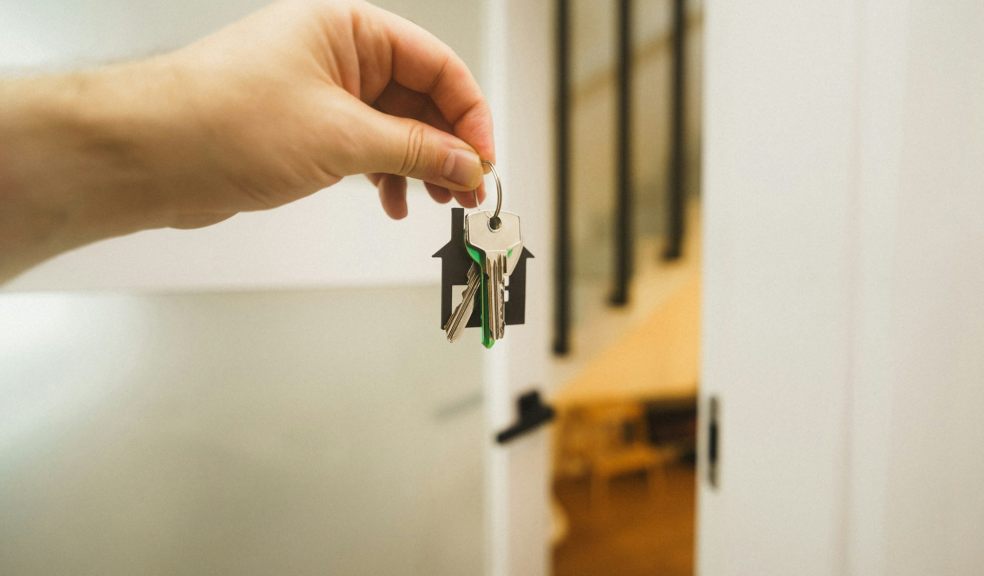
A Renter’s Guide to Moving Out
Moving out of a rented property can be a stressful and time-consuming process. From organising your belongings to settling your final bills, there are many things to consider to ensure a smooth transition. To help you navigate this process, here’s a comprehensive guide to moving out as a renter. Whether you need it now or in the future, it’s worth knowing exactly what you need to do.
1. Review Your Tenancy Agreement
Before you begin the moving-out process, revisit your tenancy agreement to understand your obligations. Pay close attention to clauses related to notice periods, property condition, and any cleaning or maintenance requirements. Knowing what’s expected of you will help you avoid unnecessary disputes with your landlord or letting agency.
2. Provide Notice
Once you’ve decided to move out, notify your landlord in writing, adhering to the notice period outlined in your tenancy agreement. Make sure to keep a copy of your notice letter or email for your records.
3. Plan Your Move
Start organising your move well in advance. Create a checklist to keep track of tasks, such as:
- Booking a moving company or renting a van
- Packing your belongings
- Sorting through items to decide what to keep, donate, or dispose of
- Changing your address with utility providers, banks, and other important organisations
4. Inspect the Property
Conduct a thorough inspection of the property yourself to identify any damages or issues that need to be addressed. Then, ask someone else to come and look, just in case you’ve missed something. During this check, look at the walls, floors, appliances, and fixtures for wear and tear. Document any pre-existing damages with photos to protect yourself from unfair deductions from your deposit.
5. Handle Repairs
If you’ve caused any damage to the property, make the necessary repairs before moving out. This could include filling nail holes, repainting walls, or replacing broken fixtures. Addressing these issues proactively can help you avoid additional charges from your landlord.
6. Do End-of-Tenancy Cleaning
One of the most critical aspects of moving out is ensuring the property is left in a clean and tidy condition. Most landlords will expect the property to be returned in the same condition as it was at the start of the tenancy, particularly if you haven’t been there long. Failing to clean thoroughly can result in deductions from your deposit.
Landlords or letting agencies will typically conduct a final inspection to ensure the property meets their cleanliness standards. If you’re short on time or want to ensure a thorough job, consider hiring a professional end-of-tenancy cleaning service like the one offered by Palmer Cleaners. They have the expertise and equipment to clean to the required standard.
7. Settle Final Bills
Before leaving the property, settle any outstanding utility bills and inform service providers of your move. Take final meter readings so you can provide these to your utility companies to ensure accurate billing. Most importantly, don’t forget to cancel or transfer any subscriptions or services linked to your old address. You don’t want to miss out on what you are paying for.
8. Return Keys
On your move-out day, return all sets of keys to your landlord or letting agency. Ensure you’ve removed all personal belongings from the property and double-check that all doors and windows are secure.
9. Follow Up on Your Deposit
After moving out, don’t forget to follow up with your landlord to ensure the deposit is returned promptly. If any deductions are made, request a detailed breakdown of costs. You have the right to dispute unfair charges through a tenancy deposit protection scheme if necessary.
Conclusion
Moving out of a rented property can be a complex process, but careful planning and attention to detail can make it much smoother. The key is to stay organised and proactive so that you can transition to your next home with ease and confidence.

















